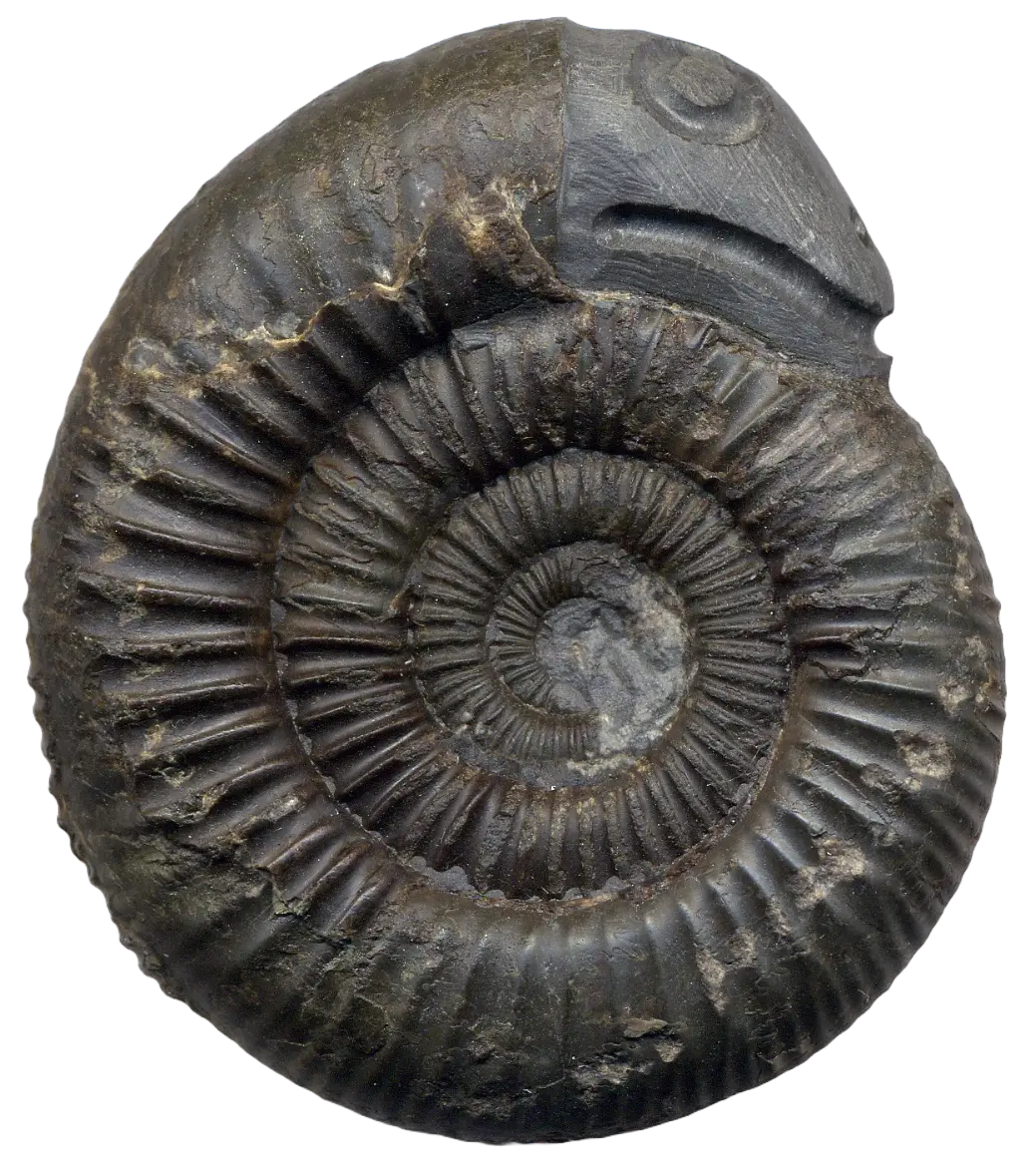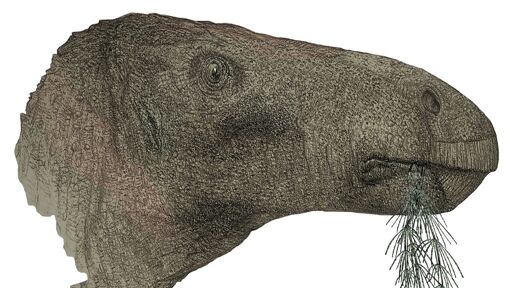The fossil of a herbivorous dinosaur, as big as an American male bison, has been discovered on the Isle of Wight.
It is the most complete dinosaur skeleton discovered in the UK in a century, with 149 bones in total.
The hefty dinosaur, now called Comptonatus chasei, roamed southern England around 125 million years ago and would have weighed as much as an African elephant.
…
The dinosaur belongs to a group of herbivorous dinosaurs known as iguanodontians, large, bulky creatures often described as the “cows of the Cretaceous period” by palaeontologists.
It was discovered by fossil hunter Nick Chase who sadly died of cancer just before the COVID-19 pandemic. The species is named after him.
…
Paying tribute to Mr Chase, Mr Lockwood said: “Nick had a phenomenal nose for finding dinosaur bones.”
“He collected fossils daily in all weathers and donated them to museums,” he added.
"I was hoping we’d spend our dotage collecting together as we were of similar ages, but sadly that wasn’t to be the case.
“Despite his many wonderful discoveries over the years, including the most complete Iguanodon skull ever found in Britain, this is the first dinosaur to be named after him.”
Nick Chase also discovered the remains of Europe’s largest-ever land-based predator dinosaur on the island, which were revealed last year.



This is the best summary I could come up with:
The hefty dinosaur, now called Comptonatus chasei, roamed southern England around 125 million years ago and would have weighed as much as an African elephant.
“Despite his many wonderful discoveries over the years, including the most complete Iguanodon skull ever found in Britain, this is the first dinosaur to be named after him.”
Nick Chase also discovered the remains of Europe’s largest-ever land-based predator dinosaur on the island, which were revealed last year.
Read more from Sky News:Arsenic, lead and other toxic metals found in tampons, study saysCow flu takes ‘dangerous’ step towards infecting humans’Super moss’ discovered that could help sustain life on Mars
Mr Lockwood said the latest “remarkable find” shows southern England may have once had “one of the world’s most diverse ecosystems”.
In fact, the Natural History Museum describes the Isle of Wight as “one of the UK’s richest dinosaur fossil sites”.
The original article contains 520 words, the summary contains 145 words. Saved 72%. I’m a bot and I’m open source!